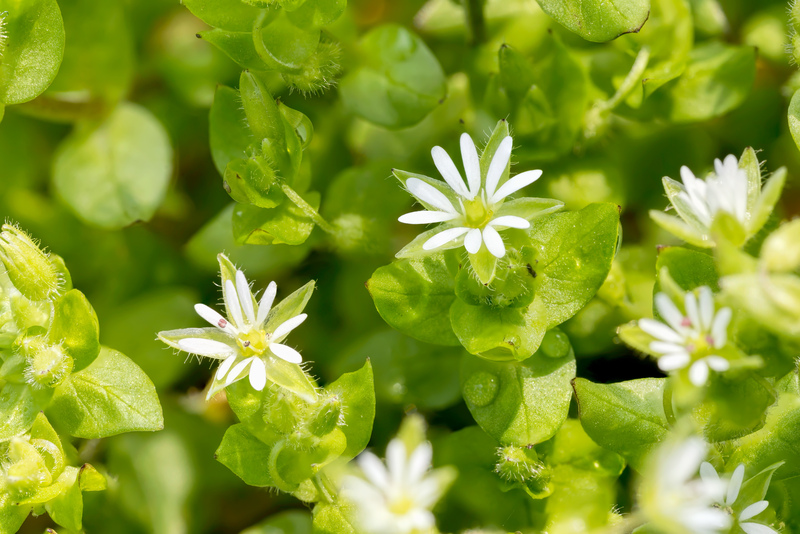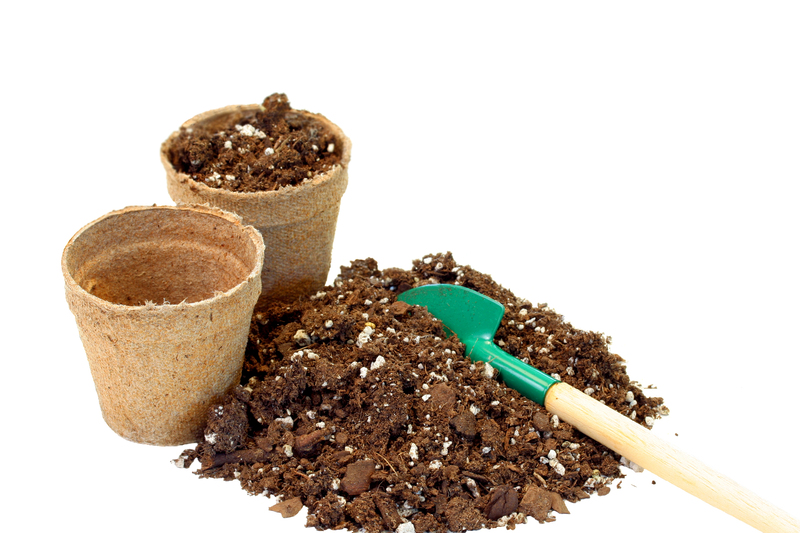Seasonal Tasks for Effective Garden Maintenance
Posted on 27/03/2024
Maintaining a beautiful garden requires time, effort, and proper planning. As the seasons change, so do the tasks needed to keep your garden in top shape. To ensure that your garden remains a source of pride and joy all year round, here are some essential seasonal tasks for effective garden maintenance.
Spring
As the temperature starts to rise and the days get longer, spring is the perfect time to prepare your garden for the upcoming growing season. Here are some key tasks to focus on during this season:
1. Clean Up: Begin by removing any debris such as fallen leaves and dead plants from your garden beds. This will not only improve the appearance of your garden but also prevent the spread of diseases and pests.
2. Prune: Shrubs and trees that have become overgrown or damaged during winter should be pruned in early spring. This will promote healthier growth and improve their overall appearance.
3. Prep Your Soil: Now is the time to add organic matter such as compost or manure to improve the quality of your soil. This will provide essential nutrients for your plants as they begin to grow.
4. Plant Cool-Season Crops: Take advantage of the cooler temperatures in spring by planting vegetables such as lettuce, spinach, and peas. These crops thrive in milder weather conditions.

Summer
Summer can be a challenging season for gardens with hot temperatures and potential droughts. Here are some tasks to help your garden survive and thrive during this season:
1. Water Regularly: Proper watering is crucial during summer months, especially during periods of intense heat. Water deeply and less frequently to encourage deep root growth.
2. Keep Weeds Under Control: Weeds can compete with your plants for water and nutrients, so it's essential to regularly remove them from your garden beds.
3. Deadhead Flowers: Deadheading is the process of removing spent flowers from plants. This encourages new growth and prolongs the blooming season.
4. Fertilize: Regularly fertilizing your garden will provide much-needed nutrients for your plants to grow strong and healthy during the hot summer months.
Fall
As the temperatures start to drop, it's time to prepare your garden for colder weather. Here are some tasks to focus on during the fall season:
1. Clear Out Annuals: As annual plants reach the end of their life cycle, remove them from your garden beds and compost them. This will help prevent diseases and pests from overwintering in your garden.
2. Plant Bulbs: Fall is the perfect time to plant bulbs such as tulips and daffodils which will bloom in spring.
3. Divide Perennials: Perennial plants that have become overcrowded can be divided and replanted in other areas of your garden for better growth.
4. Mulch: Applying a layer of mulch around your plants will help protect their roots from freezing temperatures and also retain moisture in the soil.
Winter
Although it may seem like there's not much to do in the garden during winter, there are still some essential tasks to keep it healthy and ready for the next growing season:
1. Clean Up: Remove any remaining dead leaves or debris from your garden beds to prevent diseases and pests from overwintering.
2. Protect Plants: If you live in an area with harsh winters, consider covering delicate plants with burlap or using protective wraps to shield them from frost.
3. Plan Ahead: Use winter as a time to plan and prepare for the upcoming gardening season. Research new plants, make a list of needed supplies, and create a planting schedule.
Pros and Cons
Pros:
- By following these seasonal garden maintenance tasks, you can ensure that your garden stays healthy and beautiful all year round.
- Regular maintenance can prevent the spread of diseases and pests, saving you time and money in the long run.
- Following a plan for each season takes away the guesswork and makes garden maintenance more manageable.
Cons:
- Garden maintenance tasks require time and effort, which may not be feasible for everyone.
- Unforeseen weather conditions can affect plant growth and may require additional tasks or adjustments to the maintenance plan.
Tips
1. Create a gardening calendar: A gardening calendar can help you keep track of tasks that need to be done each season, ensuring that nothing gets overlooked.
2. Invest in quality tools: Good gardening tools can save you time and effort, making your seasonal tasks more manageable.
3. Enlist help: If maintaining your garden becomes too overwhelming, consider hiring a professional gardener or asking friends and family for assistance.

Takeaways
Maintaining a garden requires regular upkeep, but by following these seasonal tasks, you can ensure that your garden thrives all year round. Planning ahead, staying on top of maintenance, and enlisting help when needed are key to achieving a beautiful and healthy garden.
Conclusion
Seasonal tasks for effective garden maintenance are crucial for keeping your garden in top shape. By following these tasks and incorporating them into your gardening routine, you can enjoy a thriving garden throughout the year. Remember to stay consistent, be prepared for unexpected challenges, and most importantly, have fun in your garden!












